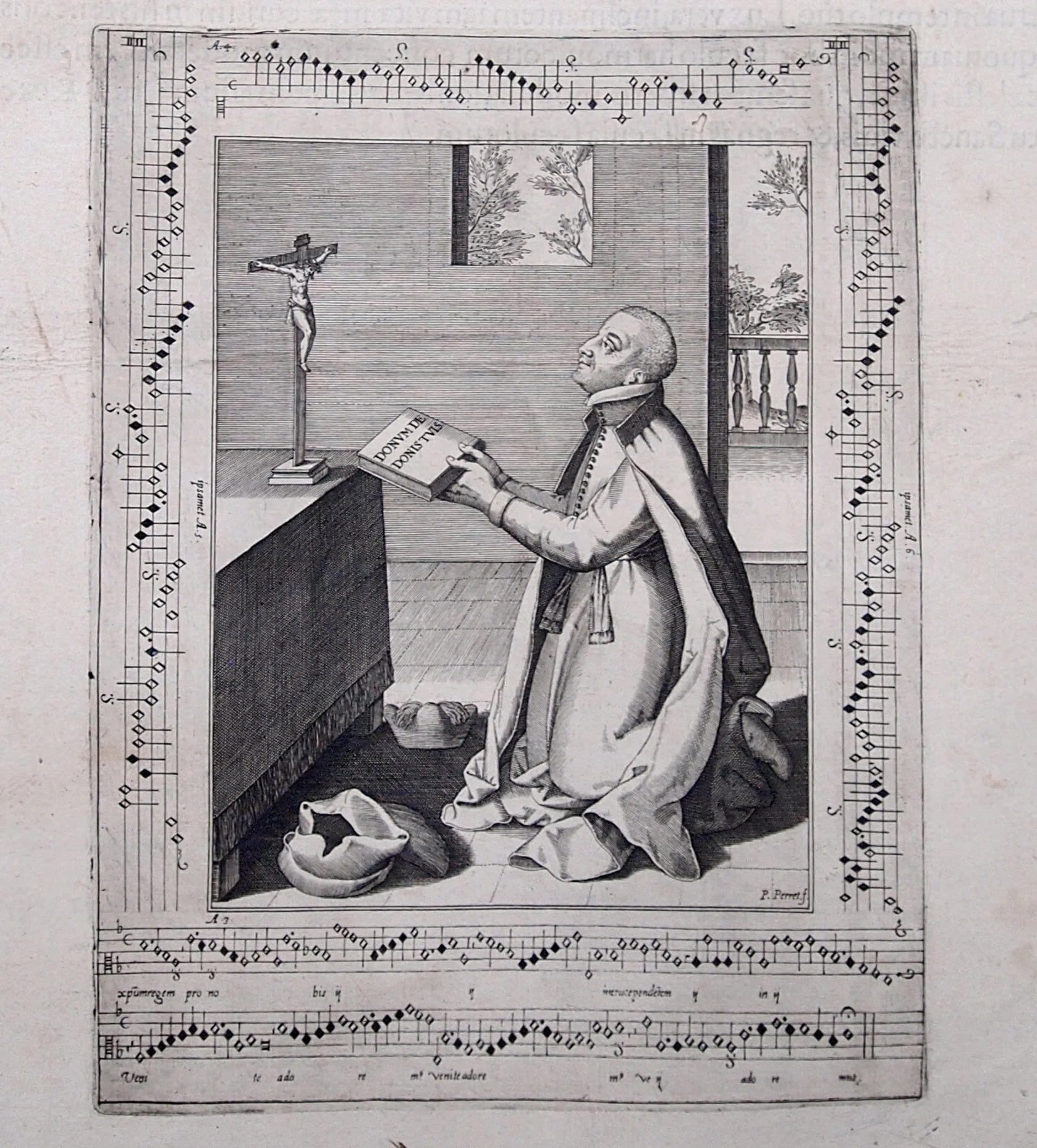RCCHU STUDY GROUP: IBERIAN AND LATIN AMERICAN MUSIC - The case of Susana Muñoz in early 17th-century Salamanca: the illiterate widow, the immigrant, music printing and technology transfer
How did the marriage of an illiterate young woman to a Flemish immigrant lead to the establishment of a printing firm that would monopolize the niche genre of Latin sacred music in atlas-sized formats in Early Modern Spain? Michael Noone presents the first study of Susana Muñoz (d. 1625), tracing the ways in which the printing firm she founded with Artus Tavernier achieved preeminence in Golden Age Salamanca. By negotiating alliances with composers, expatriate printers, patrons, and through marriages after Artus’s death, Susana dominated the printing of sacred music in Early Modern Spain. Michael's exploration of the afterlives of her books offers insights into locally determined ways in which musicians performed from choirbooks, leading to conclusions about the role of print in the transmission of essentially aural phenomena. Noone concludes with a revised conspectus of music printing and the transmission of polyphony, and a new theoretical framing of Iberian ‘choirbook culture‘.
Noone's examination of each of the extant exemplars as artifacts of material cultural reveals new information about the press’s operations, its economic challenges, its relationship with end-users and its role in the musical advances that characterized proto-Baroque musical practices and demanded innovations in the technologies of music print.
Michael Noone (Boston College; Edward T. Cone member in Music Studies at Princeton's Institute for Advanced Study)
